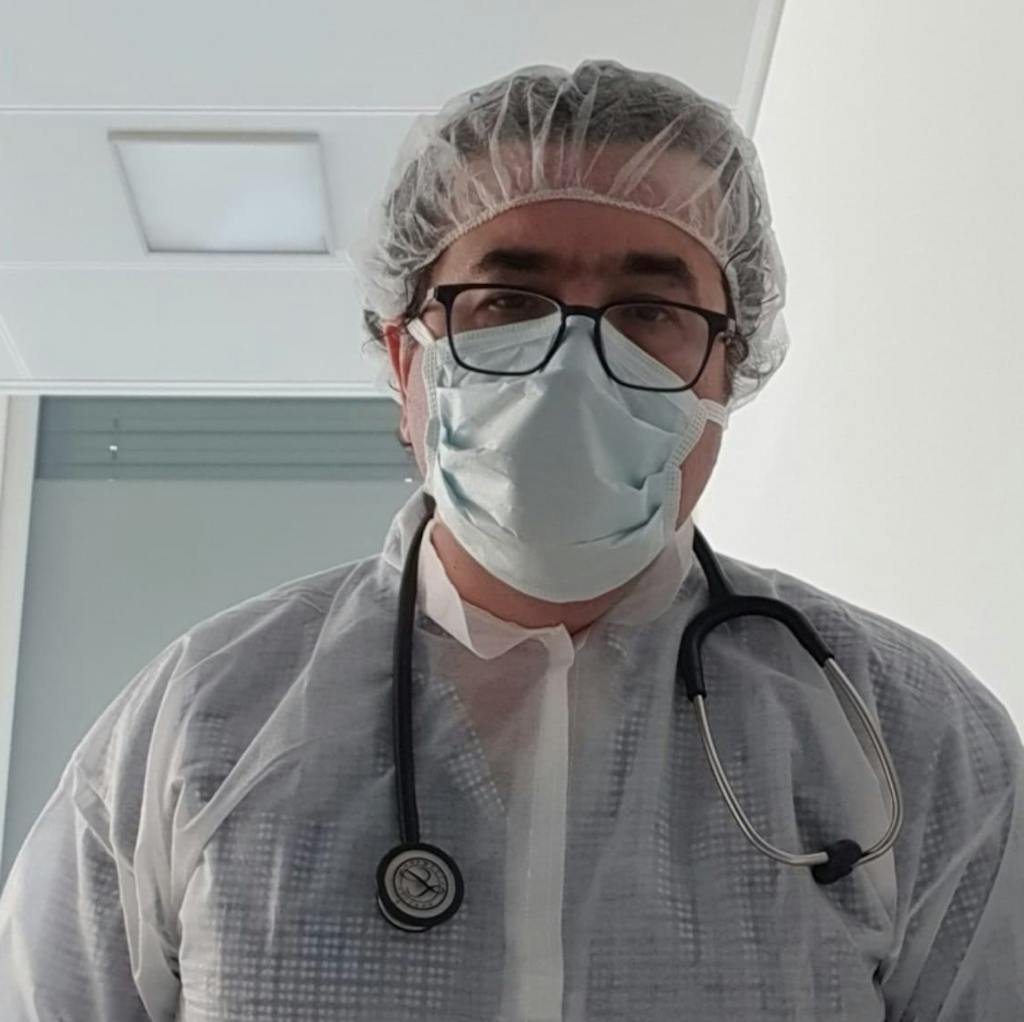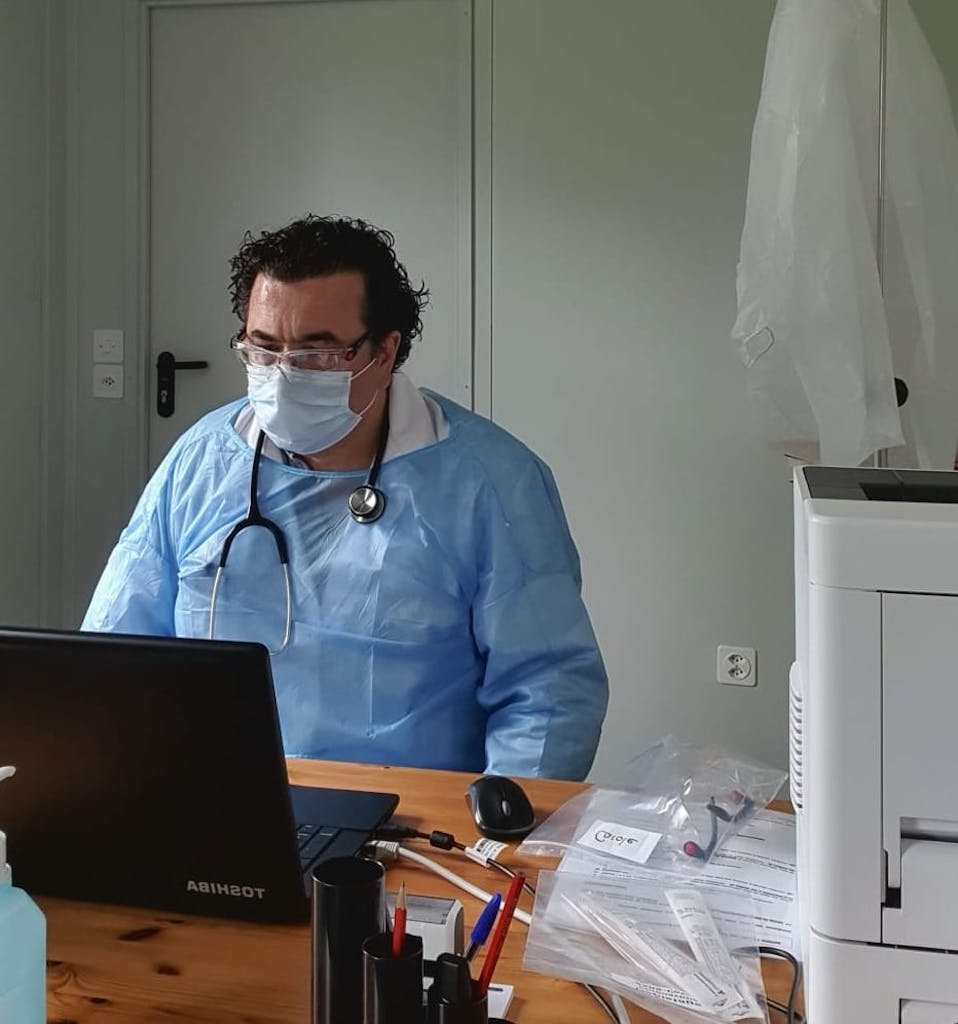When it comes to life post-pandemic, what Dr. Konstantinos Petsanis worries about most is mental health.
“Mental health repercussions regarding what is happening during this pandemic for people, today and beyond, will really be a problem in general,” Dr Petsanis says. “In general, stress behaviour for many, many people brings a lot of problems.”

A neurologist by training, Dr. Petsanis is based in La Chaux-de-Fonds in Switzerland, and specializes in general cognitive disorders and dementia. Since the onset of COVID-19 however, he has been redeployed, assisting in emergencies and screening potential patients. He sees mental health warning signs throughout the population.
“Just the fact of someone wondering if he is positive for COVID is like having a stigma and something that is threatening his life…and that affects, of course, his behavior. We know very well that panic leads to bad behavior and to psychosomatic problems as well, and that brings on somatic problems very, very easily, and we have to be careful and delicate with how we handle this,” he says.
Switzerland’s first case was identified in late February. A month later, the total had jumped to nearly 9,000 cases. Switzerland is now on the downside of the COVID-19 curve. The most recent WHO tally showed only 50 new cases per day, and a total of approximately 30-thousand confirmed cases.
Despite the declining case load, Dr. Petsanis warns that health care workers on the frontlines face their own set of unique stressors.

“If we have to deal with people that are in panic, we have to be well-supported. In this, the stress is, of course, doubled. We deal with people who, at the end, have the coronavirus, but we have to stay calm, go straight through the criteria and rules, and don’t pass our stress to the patient,” he said.
Countries are now facing an additional threat —a long period of economic instability. Dr. Petsanis said that the unemployment during and after the Great Depression, led to an increased incidence of heart disease.
“We had so much stress before World War II that too many people got rheumatoid cardiopathies correlated with unemployment. Actually, it wasn’t just correlation, causation was established. We know that stress kills, first of all because it provokes two things, vaso-spasm in the vascular system and immunodepression, the suppression of the immune system,” he says.

In a recently published Opinion piece in Time Magazine, UN Secretary-General Antonio Guterres, was blunt about the cumulative impact of stress, grief, and anxiety.
“Unless we act now to address the mental health needs associated with the pandemic, there will be enormous long-term consequences for families, communities and societies.”
The UN has urged governments around the world to take the mental health consequences seriously, and ensure widespread availability of mental health support. WHO has published guidelines for communities …even a children’s book.
Dr. Petsanis hopes for change. He’d like to see more investments in healthcare facilities and in healthcare itself.
“That way, we will have fewer medical errors, fewer issues in hospitals, less stress and panic.” He added, “I’m wondering myself if this corona period is a big alarm, a wake-up call to invest in human capacity.”
Featured Image Photo Credit: Konstantinos Petsanis, Permanence La Volta, La Chaux-de-Fonds, Canton de Neuchâtel



 View All Blog Posts
View All Blog Posts

